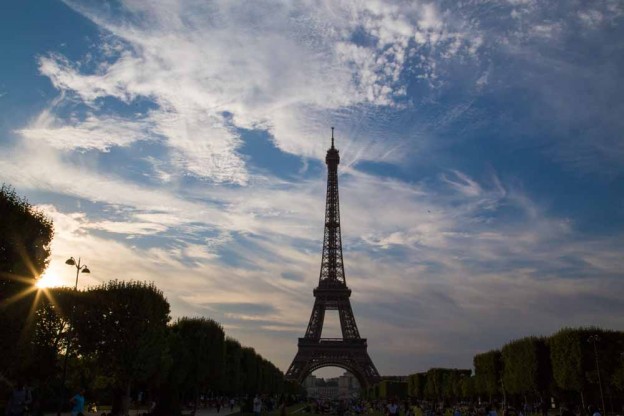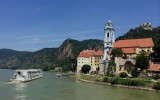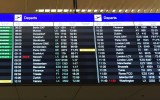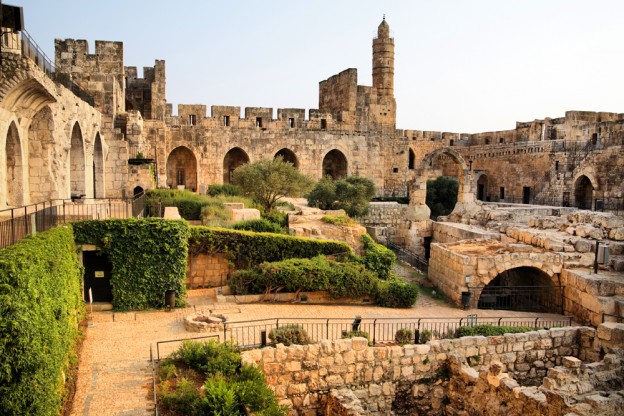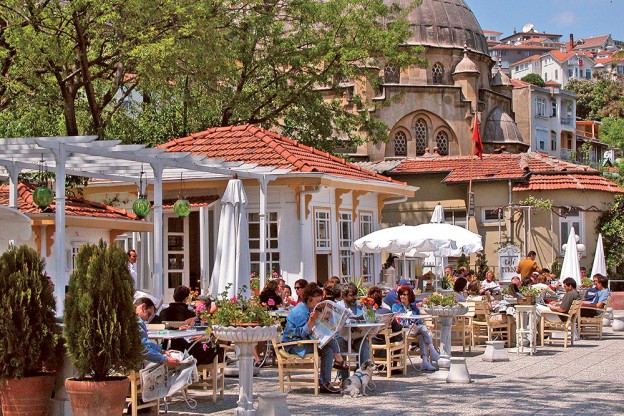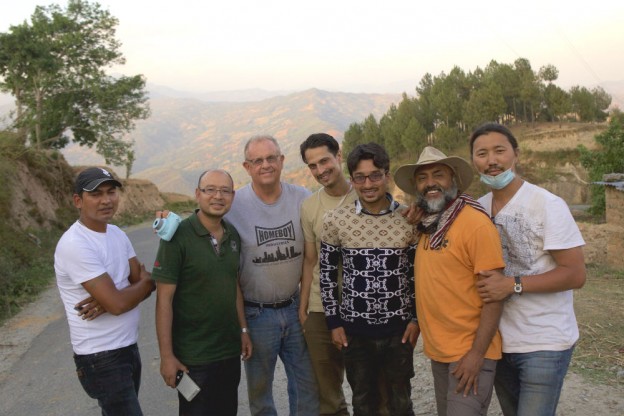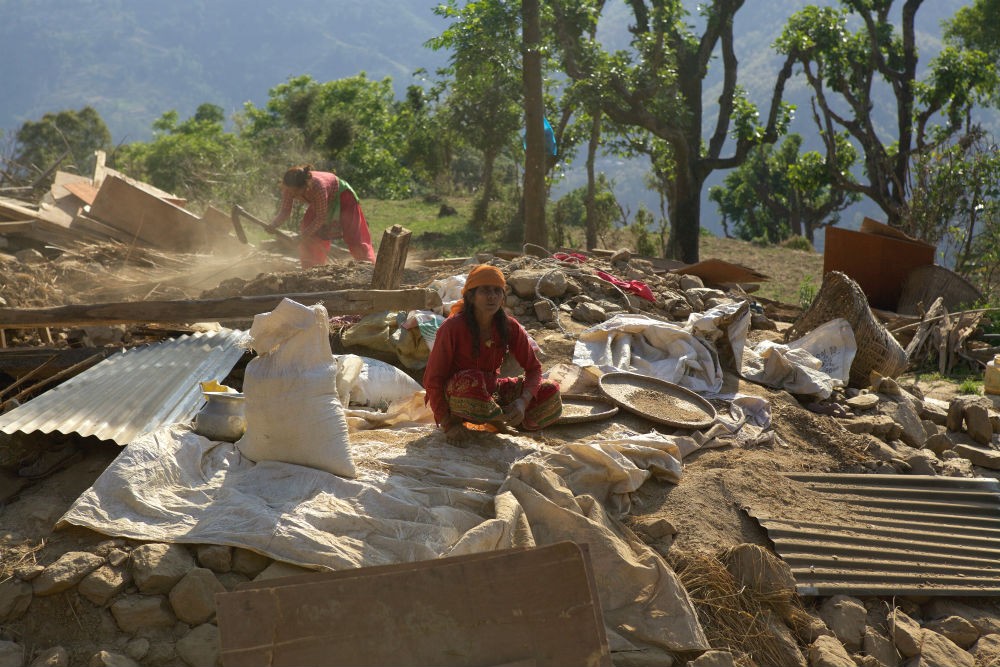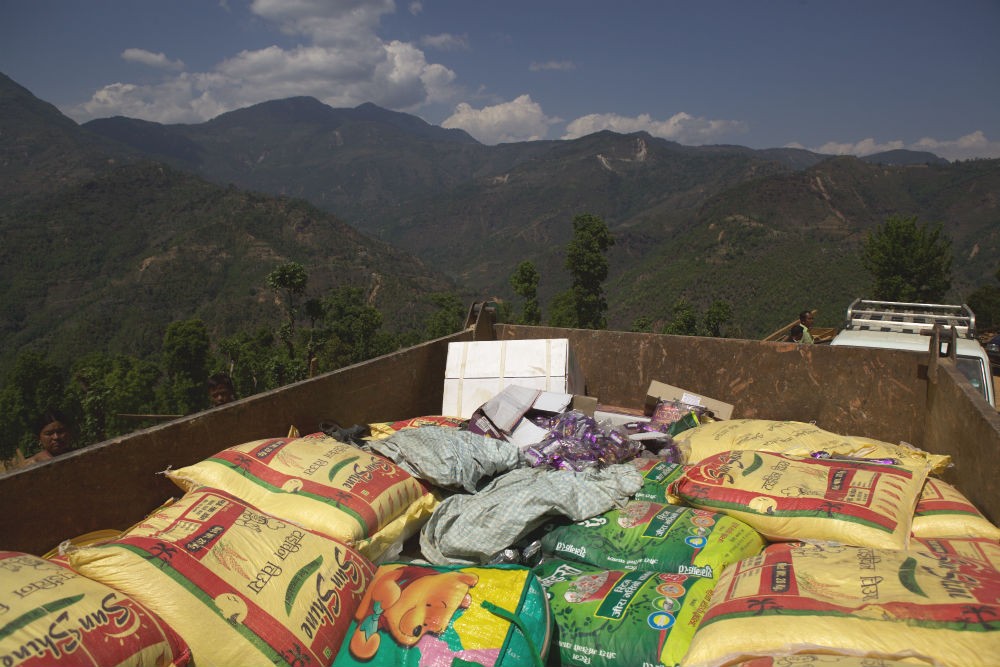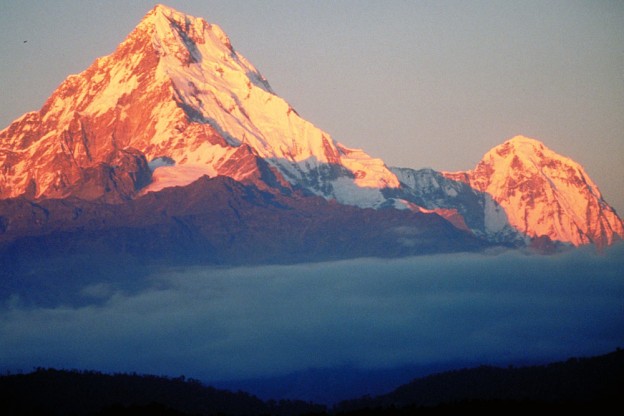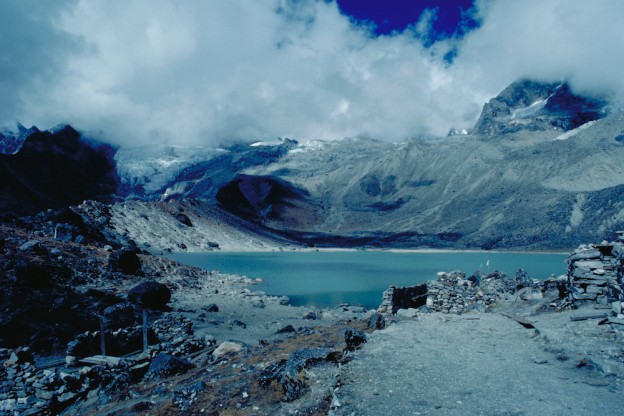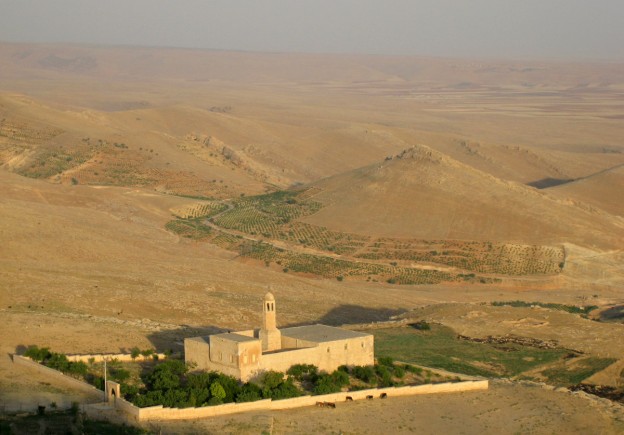Given the past few years’ string of terror attacks from London Bridge to the French Riviera to New York City, you may be wondering where it’s safe to travel. You’re ready to go somewhere—you know the 7 Keys to Traveling Without Fear Despite Terrorist Attacks and the 5 Reasons Not to Panic About the Worldwide Travel Alert—but where? As you weigh your options, here are 5 common misperceptions not to fall prey to:
Mistake #1: Assuming you’re safer in the United States
By staying home, you don’t eliminate risk. You simply exchange one set of risks for another. Most of the cities we live in are statistically more dangerous than most of the places we visit overseas. If you think Europe is dicey, consider that from 2000 to 2014, there were 23 mass shootings in Europe, with 203 deaths; compare that with 133 mass shootings in the U.S., leaving 487 dead, during that same period. In fact, the United States leads the world in mass shootings. As for terrorism, from 2001 to 2013, the number of people killed in the U.S. because of domestic acts of terrorism was 3,030; the number of U.S. citizens killed overseas by terrorism during that same time period was 350.
Mistake #2: Thinking the most dangerous places to go are where the most recent terrorist attacks have occurred
In 2015 people cancelled trips to Paris the same way they canceled trips to Bali after the bombings there in 2002, and to New York City after the September 11 attacks. Historically, though, high-profile terror attacks tend not to recur soon afterward in the same spot. That’s because places that have been attacked beef up security measures to such a degree that, for at least a year or two, they are unlikely to be attacked again. Also, terrorists want to surprise us by attacking new, unexpected places.
Mistake #3: Anticipating you’ll be worried throughout a trip
I’ve noticed that people expect to worry during a trip more than they actually end up worrying. As it turns out, that’s human nature. Psychologists will tell you that people typically overestimate how emotional they will be. Once they’re in the actual situation, there are dozens of interesting and demanding immediate circumstances that occupy their attention—circumstances that they didn’t factor in ahead of time. Similarly, once travelers get to their destination, they become so preoccupied with sightseeing, shopping, and other activities that they forget they were supposed to be worried.
Mistake #4: Painting an entire country with the same brush
State Department country-specific advisories single out certain locations within countries as trouble spots. That doesn’t mean the whole country is dangerous. Just because parts of Mexico near the borders are dangerous, that doesn’t mean you should avoid the Riviera Maya or Cabo San Lucas. Would you avoid Beverly Hills because of shootings in San Bernardino? Foreigners considering a trip to the U.S. would, but you probably wouldn’t.
Mistake #5: Not seizing the moment
Many Americans often respond to terror attacks in Europe by sticking to resort locales in the United States, Hawaii, and the Caribbean. (Which only drives prices up in those places.) But many’s the time I’ve been in a destination shortly after a crisis (Egypt, Istanbul, Lebanon, Mumbai, Syria, Fiji, New York City…)—and I’ve found a heady combination of few tourists and locals very happy to see travelers and in an unusually hospitable frame of mind. These trips count among the most rewarding of my life; it would have been a real shame to have missed them.
But if you’re looking for other ideas, right now might be a good moment for much of Latin America. If you’re seeking a vacation spot that’s warm, affordable, and relatively near the U.S., and for which there are no country-specific State Department Travel Warnings or Alerts, you might consider Costa Rica, Ecuador, Nicaragua, Panama, or Peru.
As for Europe, even if you’re nervous about big cities such as Paris and London, don’t rule out smaller ones such as Dublin, Edinburgh, Florence, Lisbon, Salzburg, Ljubliana, Prague … or islands such as Malta and Sicily.
Be a smarter traveler: Follow Wendy Perrin on Facebook and Twitter @wendyperrin, and sign up for her weekly newsletter to stay in the know.

